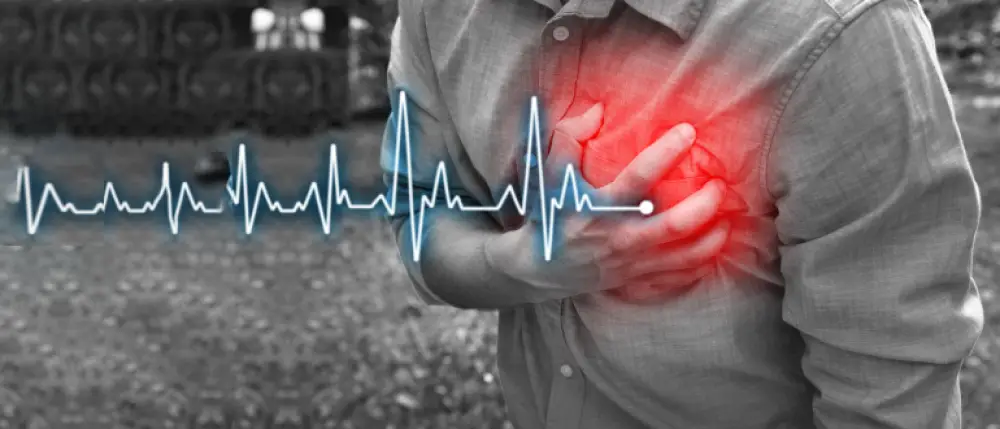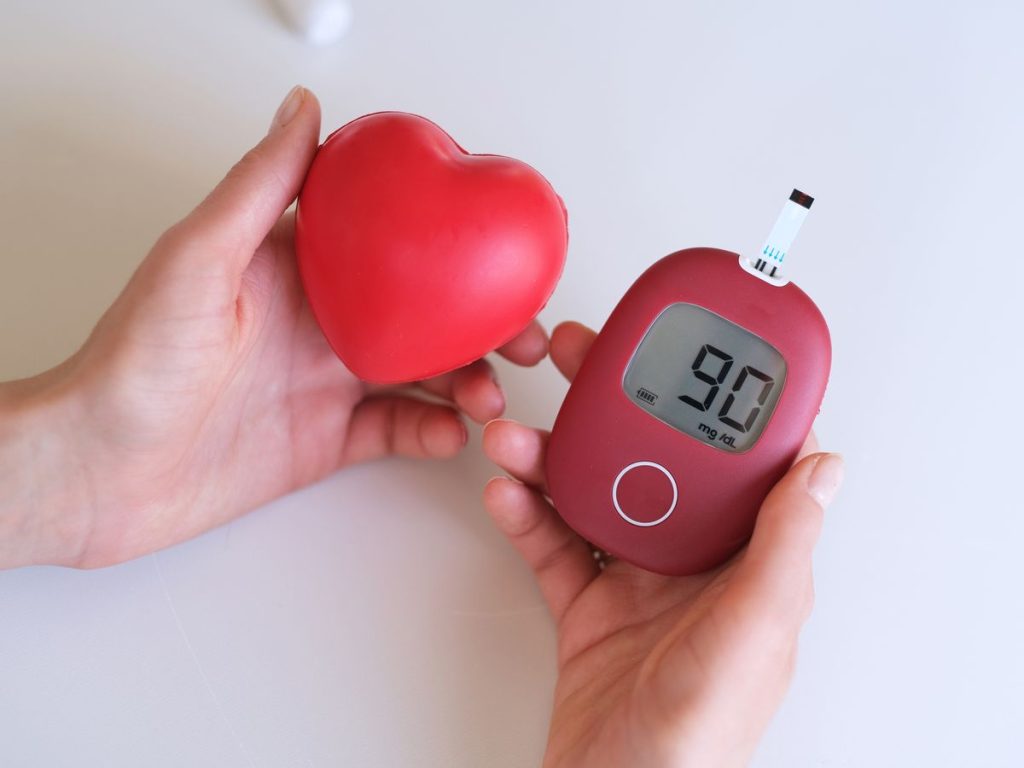
Heart palpitations are the noticeable and often uncomfortable sensation of being aware of your own heartbeat—whether it feels rapid, fluttering, or pounding. While most palpitations are harmless and temporary, ignoring them entirely could be risky, as they may sometimes signal underlying health conditions.
This article explores the causes, diagnosis, and treatment options for heart palpitations and how they can impact daily life
Causes of Heart Palpitation
– Stress and Anxiety: Emotional stress and anxiety can often trigger palpitations, as feelings of nervousness, fear, panic, or shock may heighten awareness of your heartbeat. Palpitations related to anxiety are usually harmless.
– Physical Activity: Intense exercise, especially if you’re not regularly active, can lead to palpitations. This is due to the increased heart rate and stronger contractions that naturally occur during physical exertion.
– Medications and Stimulants: Certain medications or supplements may cause palpitations as a side effect. High intake of caffeine, nicotine, or some drugs can also trigger palpitations.
– Heart Conditions: Heart problems, including arrhythmias (irregular heartbeats), heart valve issues, or abnormalities in heart muscle function, can lead to palpitations
– Other Medical Condition: Health issues like anemia, low blood sugar, thyroid disorders, and electrolyte imbalances may also result in palpitations.
Diagnosis of Heart Palpitations
If you frequently experience heart palpitations, it’s essential to consult a doctor for an accurate diagnosis, as persistent palpitations should not be ignored.
– Medical History and Physical Examination: Your doctor will assess your overall health through a physical examination, review your medical history, and discuss any symptoms to better understand potential causes.
– Electrocardiogram (ECG or EKG): An ECG records the heart’s electrical activity to detect irregular heart rhythms and can also provide early warnings of a possible heart attack. It helps determine if the heart is beating too slowly, too quickly, or irregularly.
– Echocardiogram: This ultrasound imaging test provides detailed pictures of the heart, allowing for the evaluation of structural or valve issues. It also tracks blood flow through the heart and valves, offering valuable insights.
– Holter Monitoring: A portable ECG device worn for a day or longer, Holter monitoring records the heart’s rhythm and beats during daily activities, capturing palpitations that might not appear in a standard ECG. Some wearable devices, like smart watches, may offer remote ECG monitoring; ask your doctor if this option is suitable.
– Event Recorder: If palpitations are less frequent or don’t appear with a Holter monitor, your doctor may recommend an event recorder. You activate the recorder when you feel symptoms, allowing for up to 30 days of monitoring to capture irregular heartbeats or symptoms when they occur.
Treatment Options for Heart Palpitations
The approach to treating heart palpitations depends on the underlying cause and severity of symptoms
Lifestyle Modifications: Managing stress, incorporating regular exercise, avoiding triggers like caffeine and nicotine, and maintaining a balanced diet can help reduce palpitations.
Medication: Medications may be prescribed to regulate heart rhythm or address specific heart conditions, such as arrhythmias. It’s also essential to discuss any other medications you’re taking with your doctor, as some may contribute to palpitations.
Addressing Underlying Conditions: If palpitations result from conditions like thyroid disorders, managing or treating that condition can often resolve symptoms.
Implantable Devices: In cases of persistent or severe irregular heartbeats, a pacemaker or Implantable Cardioverter-Defibrillator (ICD) might be recommended to stabilize the heart rhythm.


